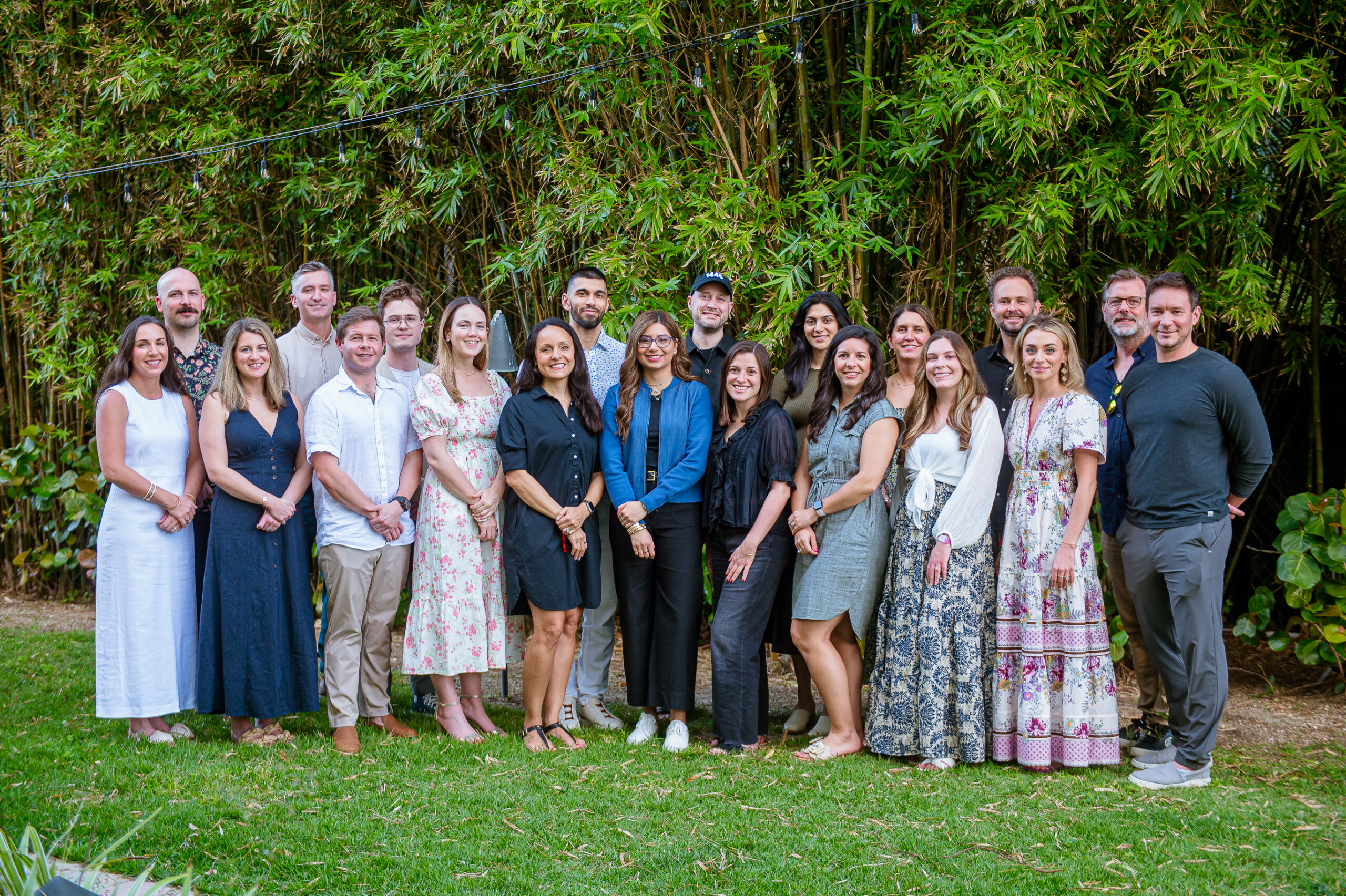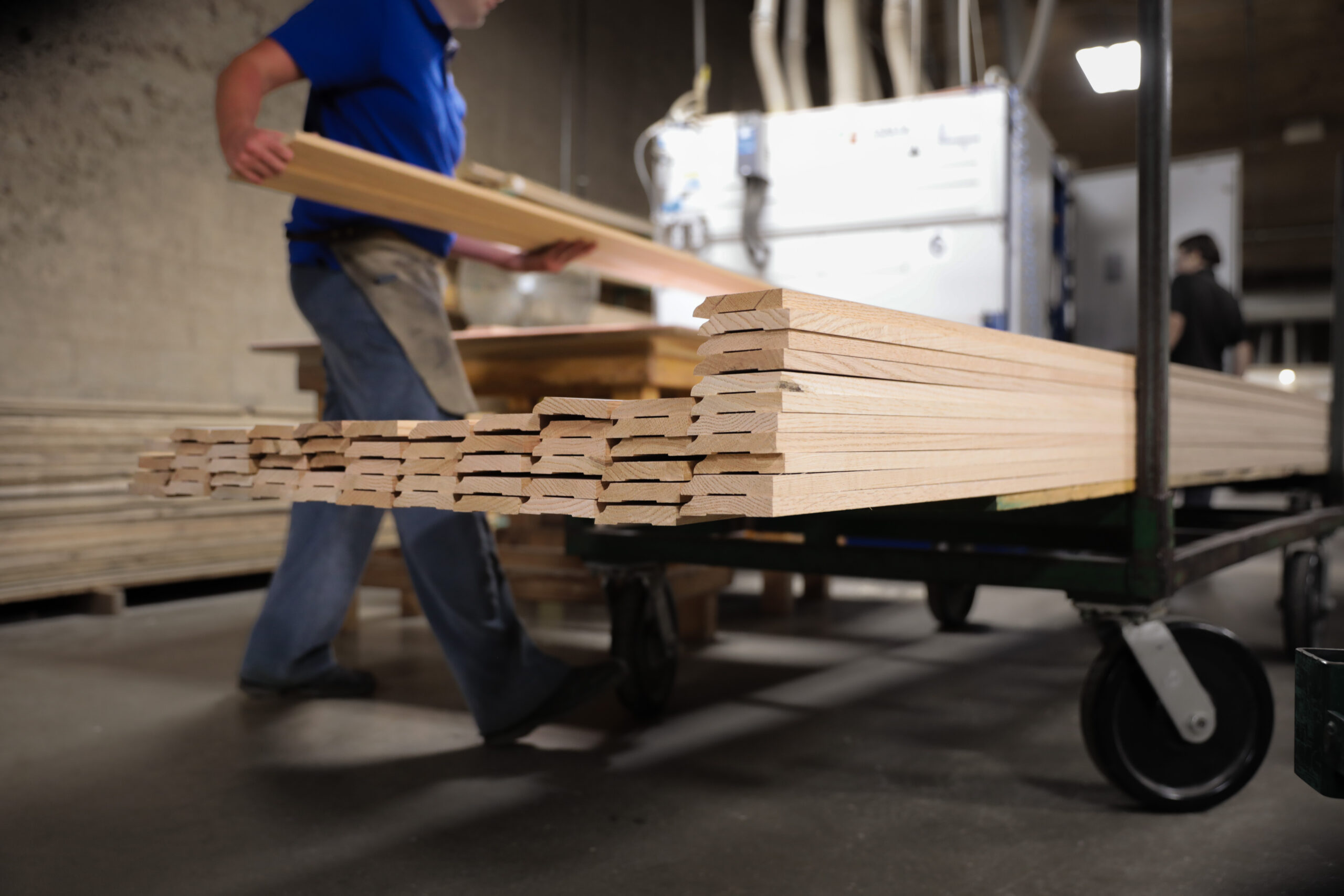
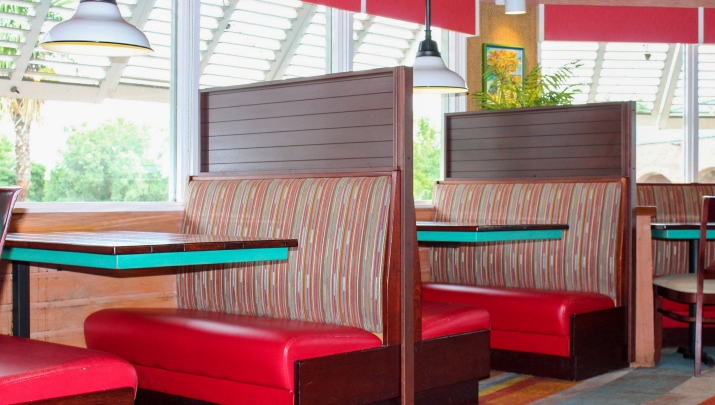
Switching From Defense to Offense
- Ron Heath
- R.A. Heath Construction & Millwork, Inc.
As leaders of companies, we have all experienced downturns. The economy, the markets, the political climate, the weather, or an invisible virus can all crop up and cause things to shift in unexpected directions. An instinctual response to adversity is to pull up the drawbridge and prepare to hunker down and wait out the crisis, minimizing expenditure and risk. But as I look back on my last few years as President & CEO of R.A. Heath Construction and Millwork, Inc, I have learned something about myself; when the going gets tough, for better or worse, I switch from defense to offense.
Taking a risk and trying something new as the knee-jerk response to a slowdown is not what I advise. Recklessness is never recommended. However, I have learned that when certain conditions are met, it can be right to favor the bold move.
It might be fair to preface this story with the admission that a strong willingness to be bold and try new things has been part of our culture at R.A. Heath for years. I have gained confidence from some early moves that were a little risky but that turned out great. One example is from a several years ago, when remodeling was still the core of our business. We were strong in general and had even pioneered a method for remodeling a café or restaurant that allowed us to guarantee it would take no longer than two weeks. Starbucks, among others, has adopted this method for all its remodels, incidentally. But I thought we might be able to find ways to serve our customers even better.
Closing a restaurant or café for a remodel necessarily means lost business, which is a hardship for our clients. I started wondering if there might be a way to mitigate that. We were building temporary cafés for our clients so they could recoup sales while they were closed. This was time consuming and a big expense for each project. I joked with our client that I could just build out one of our construction trailers to sell coffee. That seemed like a great idea, so I took it one step further; we bought and built out a fleet of trailers to rent to our clients to use during their remodels. It was a big cost to us up front, but then we had a plan to help our clients retain some revenue, and to make money ourselves at the same time. This is an example of the mindset I strive to model and inspire at R.A. Heath, and certainly laid the groundwork for how we fared through a really big crisis.
As an Evergreen® leader, the first thing I need to know is that I can take care of my team. This priority drove some of the decisions we made in the weeks and months after Covid hit. Our industry, as everyone knows, all but ground to a halt in 2020. Many of my competitors started laying people off immediately to cut costs as revenue disappeared. Driven by the desire not just to hang onto my employees, but to create opportunities for them to thrive, I started looking for new ways to deploy our manpower.
My sister is in the restaurant business and early on, she started struggling to meet the new standards that might allow her to remain open. Dividers for her booths and tables suddenly became a high-priority item, but she found they were in short supply. I reflected; we had millworkers, construction workers, and construction equipment. I thought–we could make those! It soon became clear that the demand for these dividers would continue to grow, so we considered how we could make this product even more profitable. At first, we were buying a piece of molding from the guy down the road, but I thought–we could make that, too! We bought more equipment, invested in training and were soon producing every aspect of the dividers. We brought all the profit margin back in house, our team was busy and productive, and we had a new product line and revenue stream.
Another opportunity I saw as we moved into the slowdown was time. We had been so busy, and things had been moving so fast that we rarely had the luxury of being introspective. But when things slowed to a crawl during Covid, instead of sitting around wringing our hands, we decided to take the opportunity to study our processes and expose some of our weaknesses.
One thing we realized was that our entire cabinet-making division, which had been automated at great expense several years earlier, was not optimal. It depended on all parts of the process working perfectly, and a small glitch in one area could stop production completely. I was also conscious of the fact that running this automated process was not ideal for my employees; I am dedicated to helping them learn a trade, but we were instead just teaching them to push a button.
With the help of my accounting and finance teams, we looked at the numbers and decided to make a bold move; we shut down the automated process, got rid of the hundreds of thousands of dollars’ worth of machinery, and reverted to making our cabinets by hand. If we weren’t an Evergreen company, we never could have done this because it took time to build back to profitability. But now we are teaching a trade again, we are less vulnerable to work stoppages, and frankly, the quality of our cabinets has vastly improved. It was a good decision.
When the crisis started to abate and regular business returned, many of my competitors were not ready to meet the demand. But we had kept all our employees, diversified our products and services, and planned for the price increases and the surge that hit us. We were in a strong position to roar back to life–even stronger than we had been before the crisis.
As a result of our successes with offensive rather than defensive moves, in both the good times and the bad, I am proud to say that at R.A. Heath, I have led the establishment of a culture of open-mindedness; I am constantly coming at my team with new ideas, and they are ready to run with them. We don’t need a crisis to innovate and try new things. We’ve gained confidence from past successes, and we have a strong process for vetting new ideas, to help weed out the ones that are impractical and troubleshoot the ones that have promise. It has created a mindset of creativity and problem-solving throughout the organization, and has been the key to our success, even through challenging times. At R.A. Heath, we are not content to survive; we aim to thrive.
More Articles and Videos
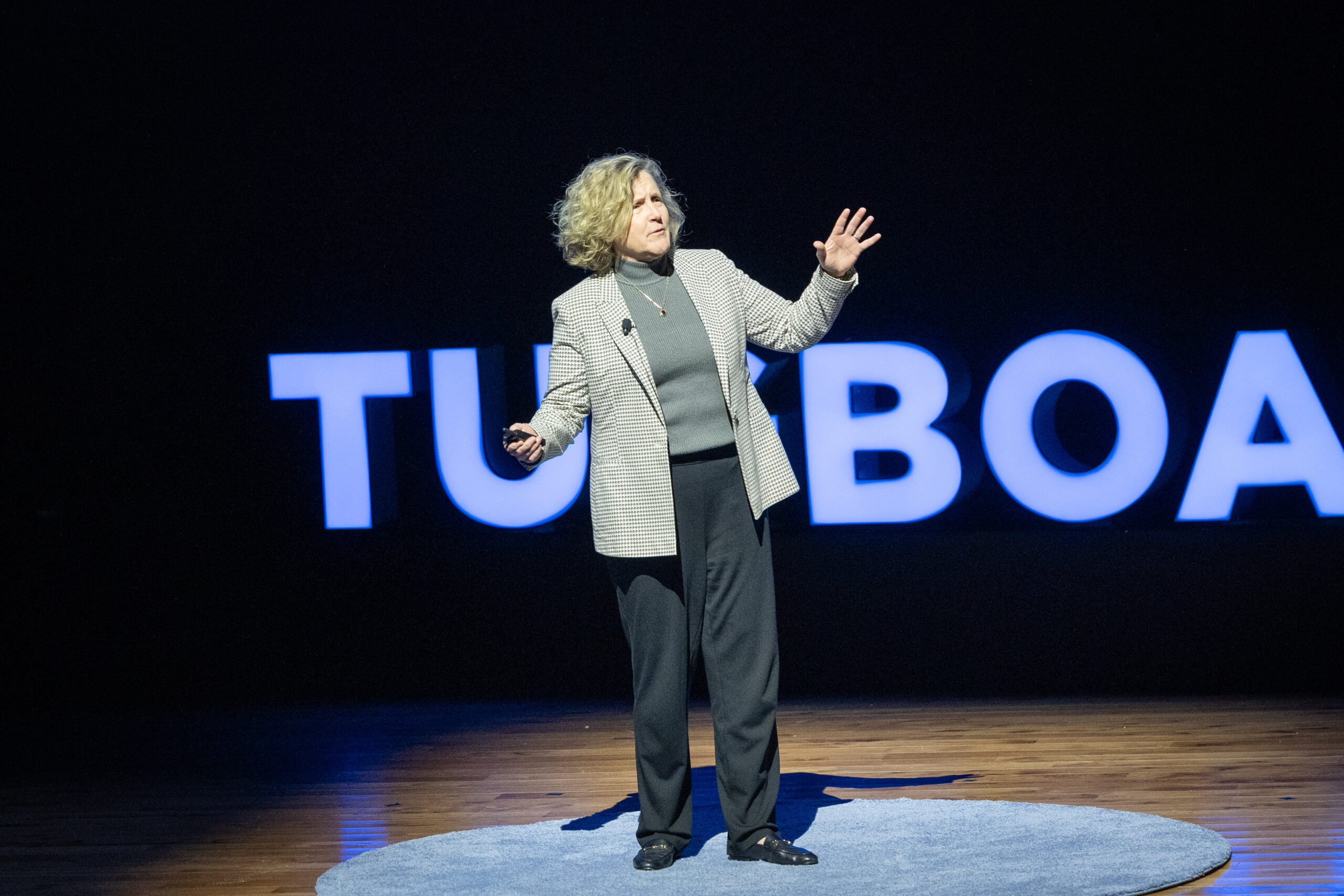
Both/And Thinking: Harnessing the Positive Potential of Tensions
- Marianne Lewis
- Carl L. Linder College of Business, University of Cincinnati
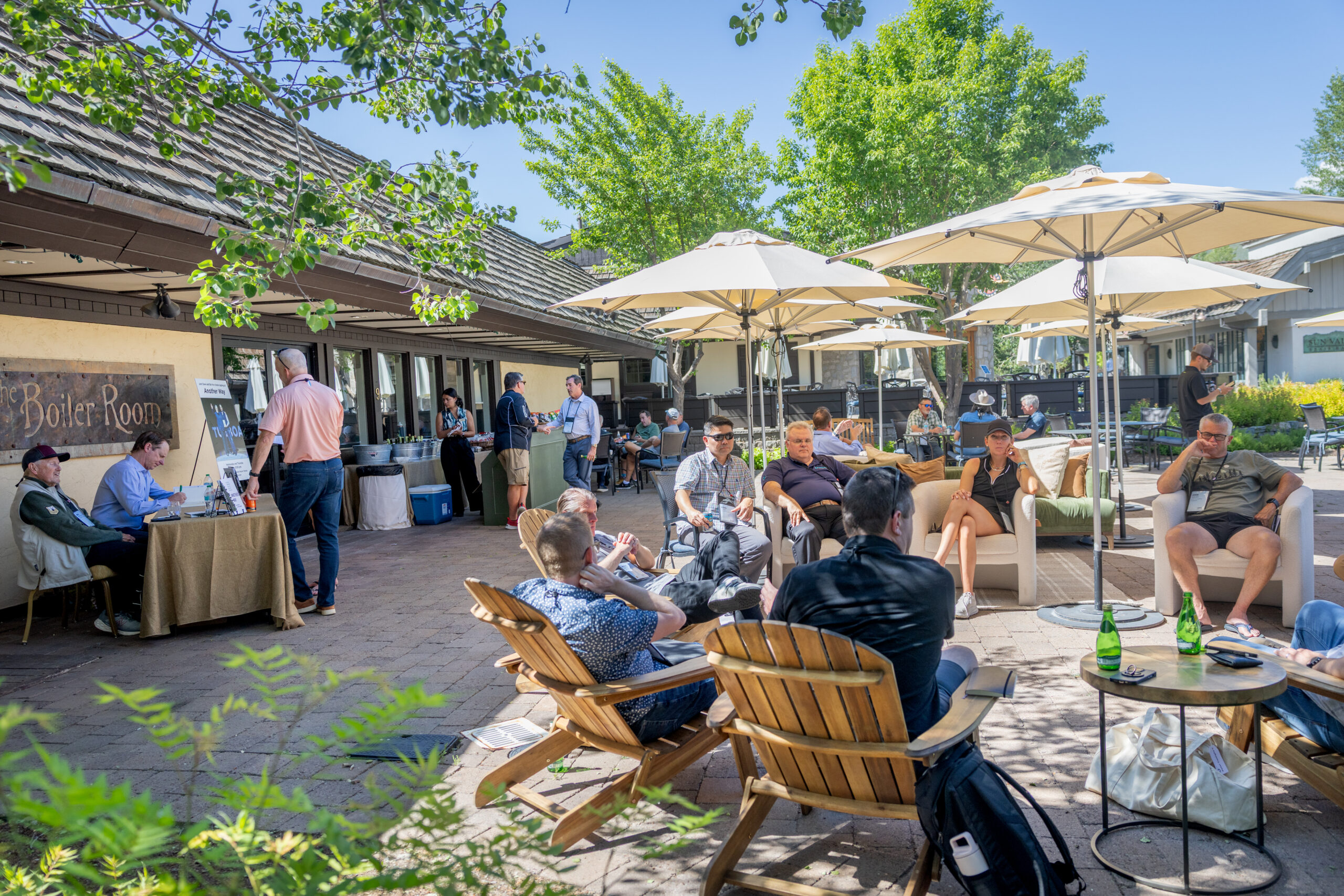
Leading Through Uncertainty – Tugboat Institute® Summit 2025
- Jackie Hawkins
- Tugboat Institute

Get Evergreen insight and wisdom delivered to your inbox every week
By signing up, you understand and agree that we will store, process and manage your personal information according to our Privacy Policy
